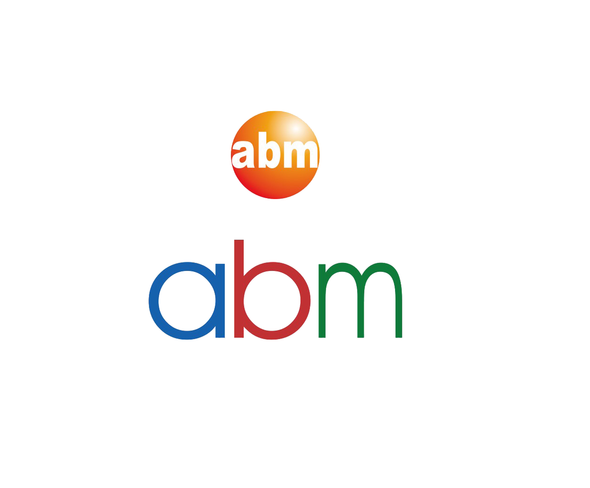Description
ABMGood | Cas9 Nickase D10A NLS Protein | K134
The Clustered Regularly Interspaced Short Palindromic Repeats (CRISPR)/Cas9 system is the latest RNA-guided, endonuclease tool in genome editing which allows for very specific genomic disruption and replacement. One concern with the current CRISPR Cas9 technology is the potential off-target effects of the Cas9 nuclease.
To counteract off-target mutagenic effects of this system, the Cas9 Nickase D10A was developed with a D10A mutation in its RuvC1 nuclease domain. Unlike the Cas9 nuclease, this mutant form generates a single-stranded nick instead of a double-strand break (DSB). Because a single DNA nick is quickly repaired with high fidelity by the cellular machinery, the system requires two closely juxtaposed nicks in order to trigger the same genomic disruption as the Cas9 nuclease. This effectively boosts the recognition sequence to 40 instead of 20 nucleotides, and, as a result, off-target effects become highly unlikely. Thus, the double-nickase CRISPR system offers unparalleled specificity to satisfy even the most stringent of experimental requirements.
The Cas9 nuclease from the bacteria Streptococcus pyogenes, abbreviated spCas9, is the most commonly used Cas9 variant. The reason for spCas9 popularity is two-fold. First, the spCas9 PAM sequence is 5’-NGG, which is highly abundant in the genome allowing virtually any gene to be targeted. The spCas9 enzyme also has on average a higher efficiency in vivo compared to other variants. Cas9 D10A Nickase NLS contains a SV40 T antigen nuclear localization sequence (NLS) on the C-terminus of the protein.
Concentration:
10 µM, 1.60 mg/ml
Form:
Enzyme supplied with 10X Reaction Buffer
Alternate Name:
Cas9n, spCas9n, Cas9D10A, Cas9(D10A), CRISPR-associated endonuclease Cas9(D10A) from Streptococcus pyogenes
Reaction Buffer:
N/A
Reaction:
N/A
Notes:
This product is distributed for laboratory research only. Caution: Not for diagnostic use.
Application:
N/A
Components:
N/A
Inactivation:
N/A
Source:
E. coli
Shipping conditions:
Ice Packs
Storage conditions:
Store all components at -20°C.
Storag Buffer:
10 mM Tris-HCl (pH 7.4), 0.1 mM EDTA, 1 mM DTT, 300 mM NaCl, and 50% (v/v) Glycerol.






